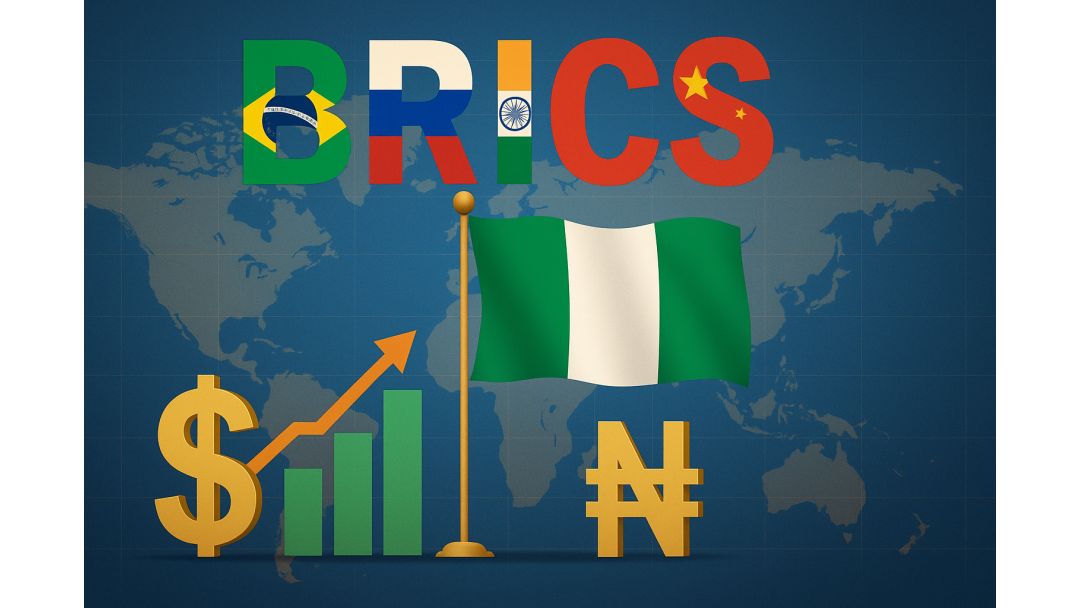Abuja / Johannesburg, July 2025 – Nigeria has officially been accepted into the BRICS bloc as a “partner country”, joining a new wave of strategic cooperation in the Global South. The alliance includes Brazil, India, China, Russia, and South Africa, and aims to build alternative global financial systems and reshape global power structures.
🌍 What Does “BRICS Partner Country” Mean?
BRICS “partner status” does not imply full membership, but it offers close economic and political cooperation, such as:
Easier access to alternative financial instruments (e.g. BRICS Development Bank),
Participation in joint digital currencies or trade settlement platforms,
Collaboration in infrastructure and energy projects,
Political support in global institutions (UN, WTO, etc.).
🔄 Global Impact – Financial and Geopolitical Realignment
This move strengthens Nigeria’s global position as Africa’s largest economy. Analysts believe the partnership:
Could reduce reliance on the US dollar in trade,
May attract more investment from China, India, and Russia,
Can offer new credit sources outside Western institutions.
🗣️ Nigerian Government’s Response
Nigeria’s foreign minister stated:
“This is a historic milestone. Through BRICS partnership, Nigeria can protect its economic interests and give voice to the African continent in global debates.”
⚠️ Challenges and Unanswered Questions
The partnership does not guarantee immediate economic improvement.
Nigeria must undergo serious structural reforms (taxation, transparency, forex policy) to fully benefit.
Relations with Western powers may shift, especially with the US and EU watching closely.
📊 What Can Nigeria Gain?
Sector Potential Benefit
Trade Less dollar dependence, more South–South exchange
Infrastructure Loans Cheaper funding from China, Russia, India
Geopolitical Influence Stronger African voice in global decision-making
Financial Stability Backup systems for forex crises


Comments